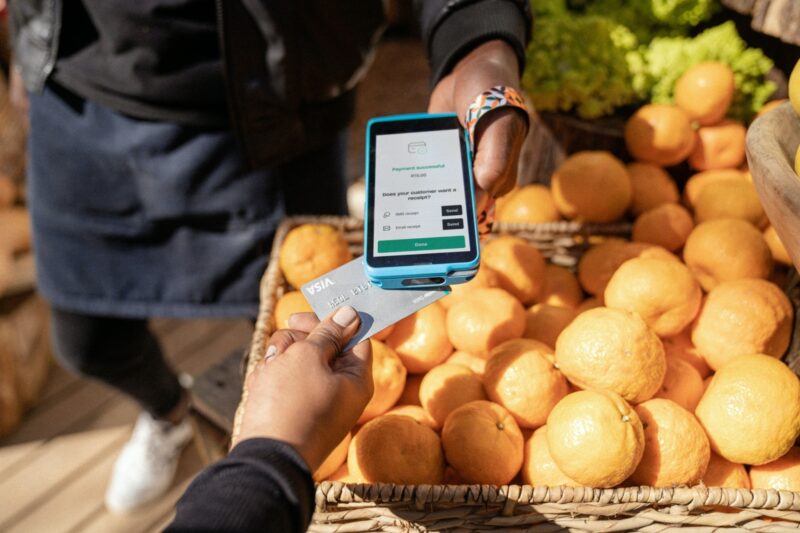Mobile money is driving financial development in Africa
Authors

Mobile money is an innovation that allows financial transactions to be performed via a cell phone. Even in poor regions of Africa, almost everyone has a cell phone; therefore, mobile money could both contribute to the continent’s economic growth and ensure that no Africans are excluded from access to financial services.
However, DIW Berlin data from Uganda show that mobile money is actually used less frequently than the number of mobile money accounts suggests. Nevertheless, demand for financial services has increased by 20 percentage points since the introduction of mobile money.
At the same time, a fourth of the population—the poorest, in particular— remain financially excluded. In addition to high costs, this is mainly due to the insufficient availability of mobile money in rural areas and a lack of financial literacy.
Consequently, to increase the use of mobile money and thus promote economic development in Africa, an appropriate competition policy, requirements for an enhanced network coverage, and financial literacy trainings are necessary.
Mobile money has penetrated the market in rural Africa to a significant extent and financial inclusion is improving. However, one fourth of the population has no access to formal financial services. This seems to be less due to mobile money costs and more to a lack of accessibility and poor
financial literacy.
Mobile money should be emphasized more in financial literacy training. Mobile money usage figures have increased recently due to the coronavirus pandemic











